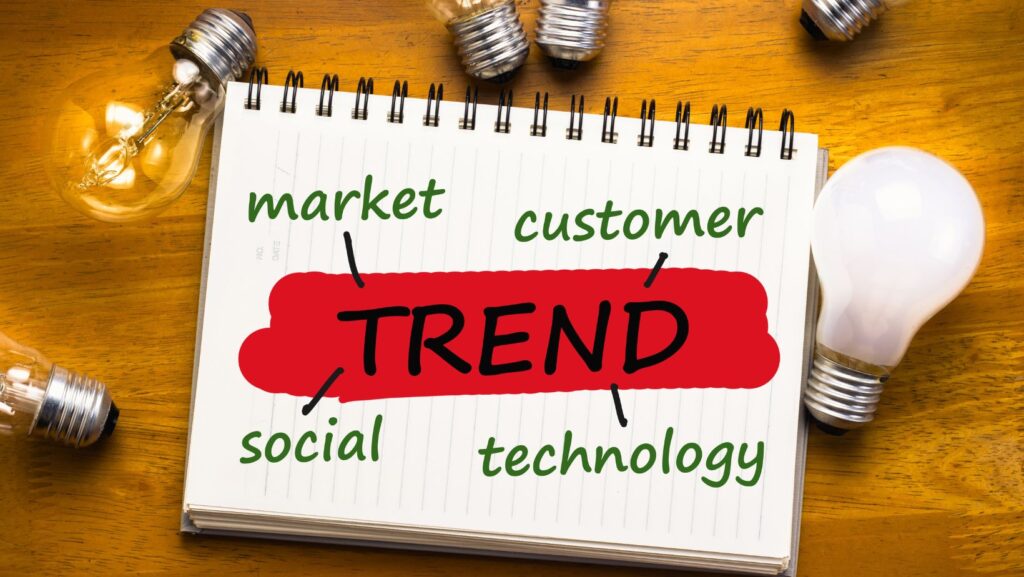
Artificial Intelligence (AI) leads the digital revolution, poised to redefine the marketing landscape as we know it. This transformative technology is not just an addition to the marketer’s toolkit; it’s becoming the very foundation upon which modern digital marketing strategies are built. As businesses strive to navigate an increasingly complex digital ecosystem, AI emerges as the key to unlocking unprecedented levels of customer engagement, data interpretation, and campaign optimisation.
AI in Personalisation and Customer Experience
One of the most significant impacts of AI in digital marketing is its ability to deliver personalisation at an unprecedented scale. AI algorithms can analyse vast amounts of customer data, including browsing history, purchase behaviour, and social media interactions, to create highly personalized experiences for each individual.
These AI-driven personalisation engines can tailor everything from email content and product recommendations to website experiences and ad placements. By delivering the right message to the right person at the right time, businesses can significantly improve engagement rates, customer satisfaction, and, ultimately, conversion rates.
AI is revolutionising how businesses tailor their services to individual customers. In the iGaming industry, for example, AI is being used by casinos offering minimum deposits to target players who are looking for lower-risk, budget-friendly entry points.
Through advanced data analytics and machine learning, these casinos can offer personalised bonus packages, recommend games based on player behaviour, and even adjust marketing strategies to appeal to players’ spending patterns. This level of personalisation not only enhances the player experience but also boosts retention rates by making players feel understood and valued.
By utilising AI to optimise customer journeys, casinos can foster long-term relationships with users who might otherwise be hesitant to make larger deposits.
AI in Data Analysis and Predictive Marketing
The sheer volume of data available to marketers today is staggering. AI’s ability to process and analyse this data at lightning speed is revolutionising how businesses understand their customers and market trends.

Machine learning algorithms can uncover hidden patterns and insights in customer data that would be impossible for humans to detect. These insights can inform everything from product development to marketing strategy, allowing businesses to stay ahead of market trends and customer preferences.
Predictive analytics, powered by AI, takes this a step further. By analysing historical data and current trends, AI can forecast future customer behaviours, allowing marketers to anticipate needs and tailor their strategies accordingly. This proactive marketing approach can lead to more effective campaigns and better allocation of marketing resources.
In the healthcare industry, companies demonstrate the power of AI in data analysis and predictive analytics. Their AI systems analyse huge amounts of patient data, including medical records, claims data, and even socioeconomic factors. By identifying patterns and risk factors, the AI can predict which patients are at higher risk for certain health conditions. This allows healthcare providers to intervene proactively, potentially preventing serious health issues and reducing healthcare costs.
For marketers in the healthcare sector, this means being able to target wellness programs and preventive care information to the patients who need it most.
The telecommunications industry also leverages AI for predictive analytics, as exemplified by AT&T. Their AI systems analyse network data in real-time, predicting potential outages or areas of high congestion before they occur. This allows AT&T to proactively manage their network proactively, ensuring better service for customers.
AI in Content Creation and Optimisation
AI is making significant inroads in content creation and optimisation, too. Natural language generation algorithms can produce human-like text, from product descriptions to social media posts.
While these AI-generated contents may not entirely replace human creativity, they can significantly speed up the content creation process and provide a solid foundation for human writers to build upon.
Furthermore, AI tools can optimise content for search engines and social media platforms. By analysing successful content across the web, AI can provide recommendations on everything from headline optimisation to keyword usage, helping marketers create content that resonates with audiences and search algorithms.

In the media industry, companies like the Associated Press (AP) have been using AI to generate automated news reports since 2014. Their AI system, Automated Insights, can produce thousands of earnings reports and sports recaps in a matter of seconds. These AI-generated articles follow a template but are filled with the latest data, allowing the AP to cover a much broader range of stories than would be possible with human journalists alone. This frees up human reporters to focus on more complex, investigative stories that require human insight and creativity.
As we look to the future of digital marketing, AI stands out as a powerful ally, not a replacement for human creativity. This technology offers us incredible tools to understand and connect with our audience in ways we’ve never imagined.
The future of digital marketing isn’t just about algorithms – it’s about using these incredible tools to understand the real people behind the data points. It’s about creating not just customers but relationships. As we step into this new era, let’s remember that at the heart of every campaign is a human story waiting to be told.


